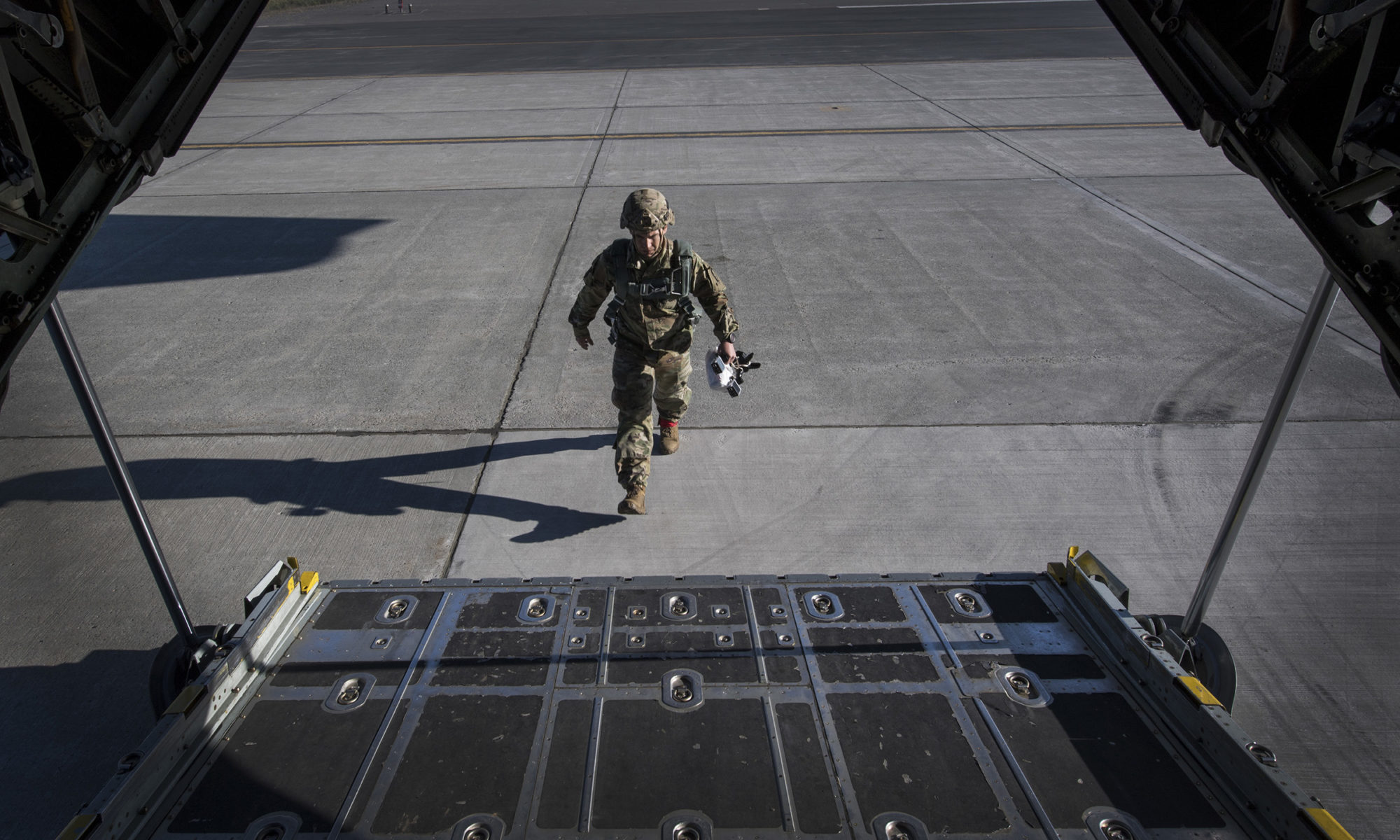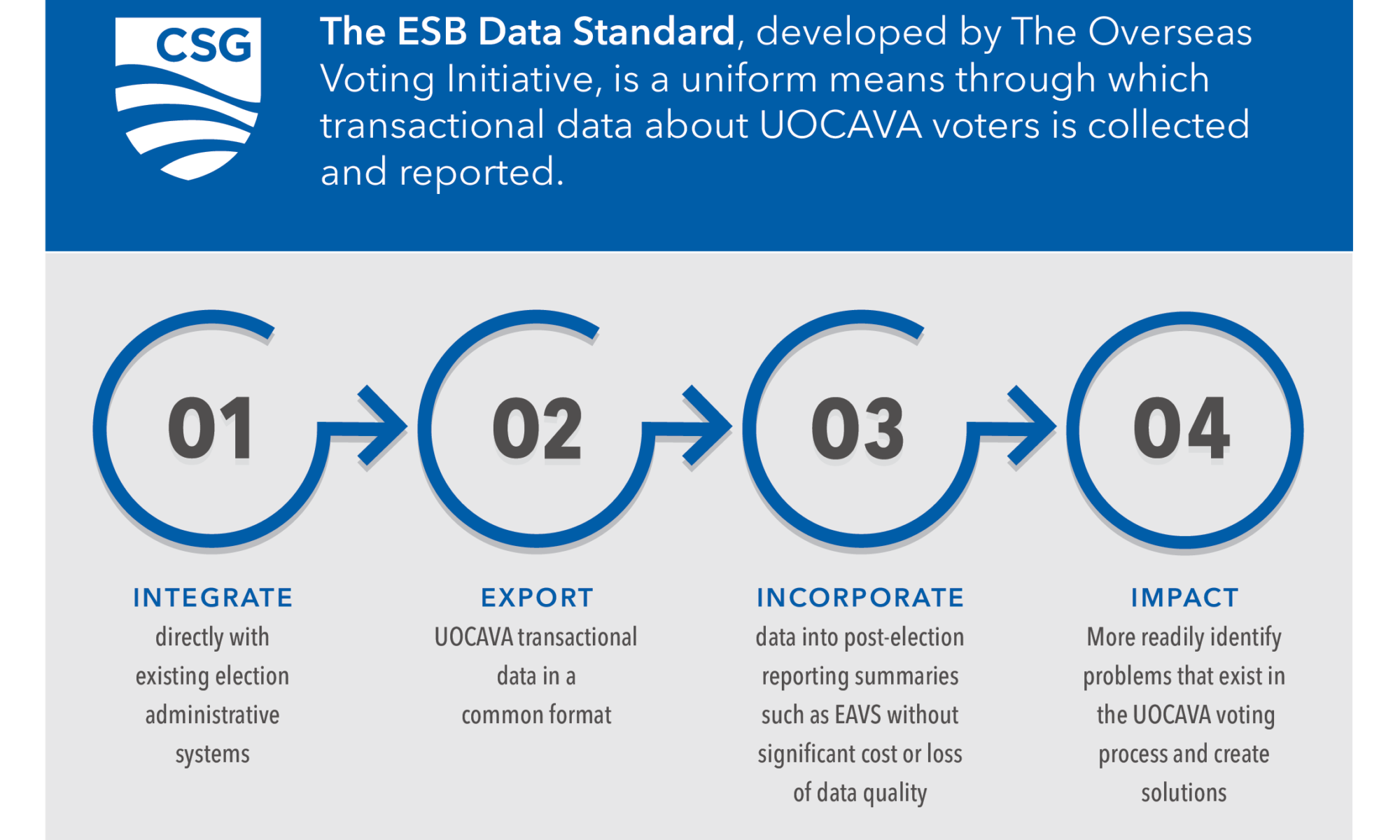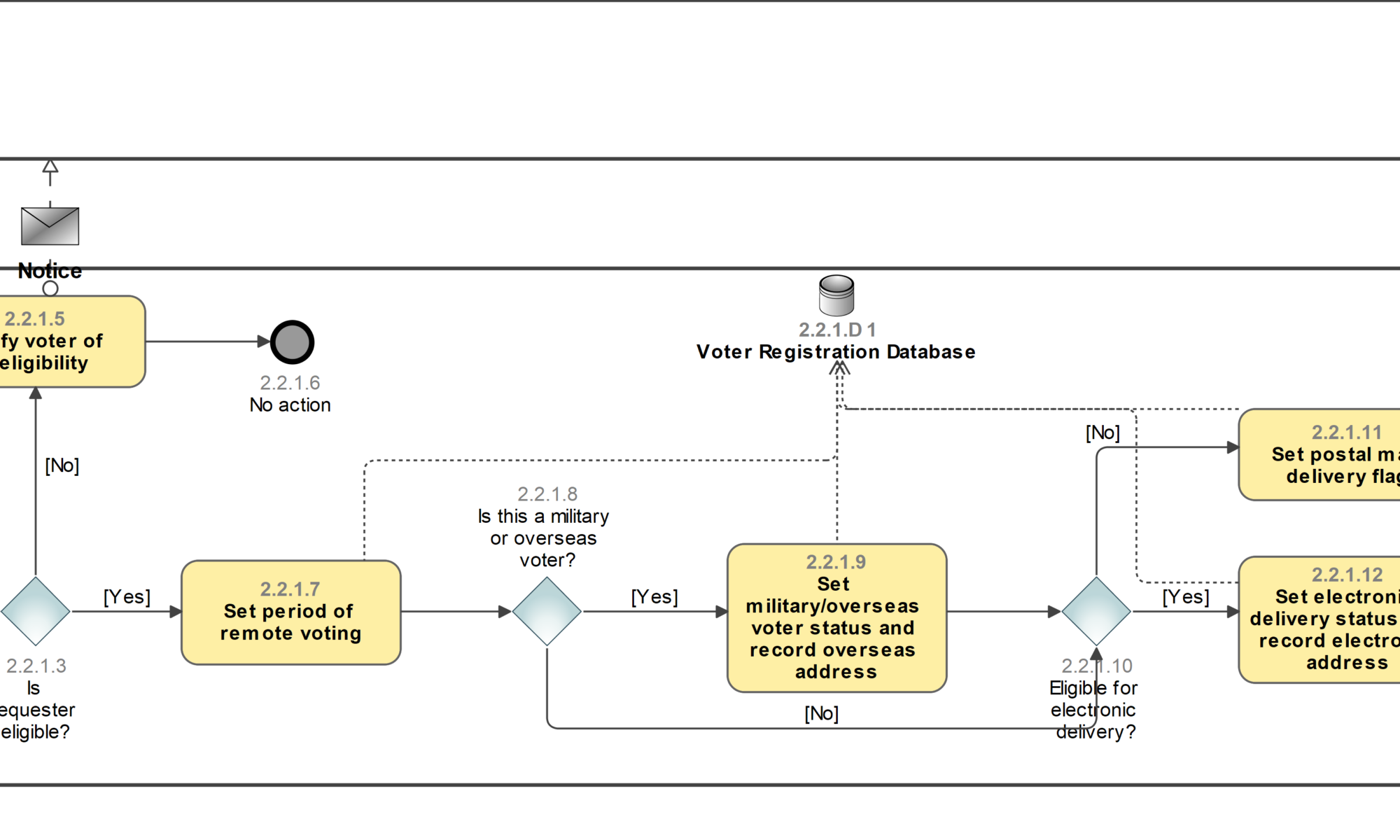The ESB Data Standard Roundtrip Pilot
In June 2020, The Council of State Governments (CSG) Overseas Voting Initiative launched the first Elections Administration Voting Survey, Section B (ESB) Data Standard Pilot. Throughout the course of the pilot, election officials in three states — California, Colorado and Washington — will work closely with Overseas Voting Initiative staff to fully implement the ESB Data Standard in their local jurisdictions by March 2021.
Achieving full implementation will require election officials to develop an in-depth understanding of the standard’s conventions as well as the actions necessary to conform their jurisdiction’s existing data to the standard. The diversity among state processes of collecting and storing election data will bring about unique challenges as officials attempt to do so. These challenges may stem from jurisdictional variation in date formats, capitalization (e.g. some values entered as “mail” others as “Mail”) or country names (e.g. some entries spell out “Cote D’Ivoire” while others “Ivory Coast”), among others.
Colorado’s Progress Toward Full Implementation of the ESB Data Standard
Of the pilot’s participants, the Colorado Elections Division has uniquely positioned itself to overcome these challenges and fully implement the ESB Data Standard by March. This stems from the division’s previous involvement with the Federal Voting Assistance Program (FVAP) EAVS Section B Working Group as well as its efforts to modernize the state voter registration system.
In 2015, FVAP created the EAVS Section B Working Group. This group consisted of state and local election officials experienced in Uniformed and Overseas Citizens Absentee Voting Act (UOCAVA) voting who sought to both reduce the burden of EAVS, Section B reporting and enhance its overall utility. Among the Working Group’s 13 members was Hilary Rudy, Colorado deputy director of elections.
Not only was Rudy a staunch advocate of adopting the ESB Data Standard, but she was also among the first to implement the standard in her state’s election jurisdictions.* By 2018, election officials had not only established internal procedures for conforming EAVS Section B data to the standard but had also begun standardizing voters’ country codes and names according to United States Postal Service (USPS) guidelines.
Although the ESB Data Standard requires physical addresses to be formatted according to ISO 3166, Colorado’s adoption of USPS standards significantly reduces the time and effort necessary to ensure the validity of UOCAVA voters’ country data. This has, in part, allowed the state’s Elections Division to supply the CSG Overseas Voting Initiative with its first set of ESB standard-compliant data within one month of the pilot’s kickoff. As of late August 2020, this data set had passed one of two validations necessary to ensure its accuracy and validity.
Benefits of Colorado’s Address Standardization Beyond the ESB Data Standard
Colorado’s voter address standardization was initially intended to facilitate implementation of the ESB Data Standard; however, the benefits of this work have extended much further. According to Rudy, both election officials and UOCAVA voters alike have experienced significant improvements in the voting process as a result of these efforts.
Prior to standardization, the ability of local election officials to conduct outreach to UOCAVA voters was limited. If valid, active addresses could not be derived from a voter’s state records, the likelihood of an election official to successfully contact an overseas voter was slim. Upon adopting USPS address standards, the success rate of this outreach improved significantly.
With the threat of U.S. withdrawal from the Universal Postal Union in 2018 and the onset of the coronavirus pandemic in 2020, the ability of local election officials to acquire additional contact information became increasingly important. Upon obtaining this information, Colorado election officials would not only be able to successfully inform voters of any international mail delays, but also educate them on alternative voting options. Contingency plans could then be developed to help prevent disenfranchisement.
Through the Election Division’s outreach to overseas voters, Rudy and her colleagues also found that former UOCAVA voters often failed to update their registration status upon returning stateside.** In response, the Elections Division was able to add a checkbox to various state forms allowing these voters to indicate a change in their registration status. This addition has improved Colorado’s overall voter registration system as well as the accuracy of their EAVS Section B data.
Despite the demands of a tumultuous election year, Rudy and her colleagues have continued to prioritize the standardization of the voter registration system and the improvement of the overall voting experience in Colorado. Not only has the Elections Division successfully incorporated country name dropdown boxes into its online voter registration system, but it has also developed Colorado’s first statewide ballot tracking system. Officials anticipate full implementation of this system by the end of the year. Through these efforts, the Elections Division has demonstrated their commitment to both strengthening the state’s voting system and fostering confidence in its efficacy.
*For further information on the successes and impacts of these efforts, read FVAP’s 2018 research note Data Standardization and the Impact of Ballot Transmission Timing and Mode on UOCAVA Voting.
**For more information about the conduct of elections in Colorado, please visit https://www.sos.state.co.us/pubs/elections/main.html




